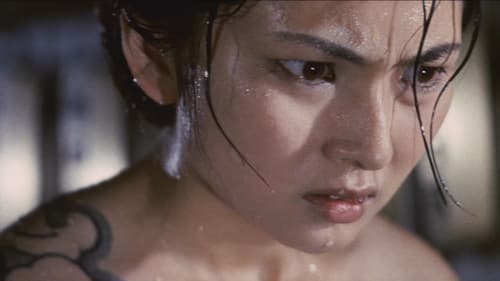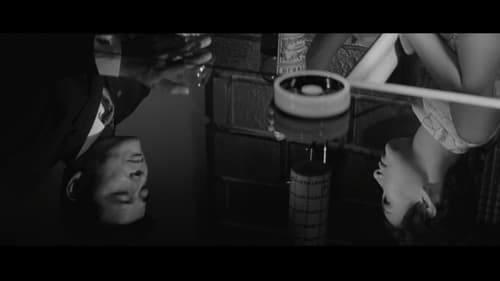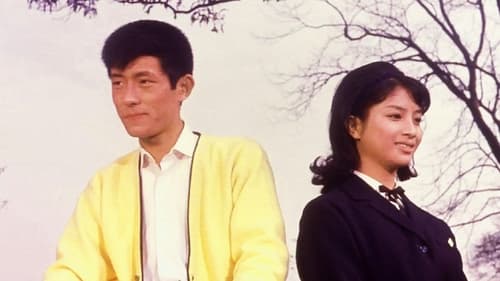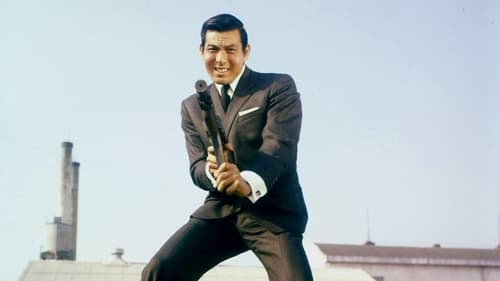
Sound Recordist
TV film about the "Nishiyama Incident", a scandal surrounding the 1972 return of Okinawa to Japan. Produced to commemorate the 20th anniversary of TV Asahi in 1978 and released theatrically by Office Henmi in 1988.

Sound Recordist
Akemi is a dragon tattooed leader of the Tachibana Yakuza clan. In a duel with a rival gang Akemi slashes the eyes of an opponent and a black cat appears, to lap the blood from the gushing wound. The cat along with the eye-victim go on to pursue Akemi’s gang in revenge, leaving a trail of dead Yakuza girls, their dragon tattoos skinned from their bodies.

Sound Recordist
Kuroda (Jô Shishido) is a mob hitman who turns on his employers after being forced to execute his lover. Joining forces with his similarly wronged brothers, hot-headed Eiji (Tatsuya Fuji) and aspiring boxer Saburô (Jirô Okazaki), the trio escalate their mob retaliation to all-out turf war where no one will stop until one faction emerges victorious.

Sound Recordist
A boy who dreams of being a yakuza leader is reformed by a girl's pure love for him.

Sound Recordist
A Tokyo student transfers to a rural school and finds it difficult to adjust himself to its customs and traditions. One of the customs is the wearing of an old school cap by a senior. It is a symbol of courage and bravery and is handed down to a new senior each year.

Sound Recordist
Tajima is a private detective in charge of his own company, Detective Bureau 2-3. When warring criminal gangs go overboard by robbing U.S. military munitions, Tajima steps in to stop what the cops can't.

Sound Recordist
An unofficial sequel to Million Dollar Match (1961) which also starred Koji Wada as a young energetic boxer. This story deals more with betting action surrounding a boxing match, concentrating mostly on the high-powered Yakuza gambling dens.

Sound Recordist
Kawai Midori's father left the family a long time ago and since her mother passed away, she has taken care of her younger siblings by herself by working with a group of itinerant camellia oil peddlers. While she is In Izu selling camellia oil, she meets a young student, Katō Yutaka, who asks her to let him take her picture. The peddlers also meet a jazz band, and when Midori sings a song, teased by the band's star singer Nanjō Haruo, the band members are enraptured by her beautiful voice. She eventually joins the band and quickly becomes a popular jazz singer.

Sound
A remake of High Noon (1952) as a Japanese jidai-geki sword-fighting movie.







